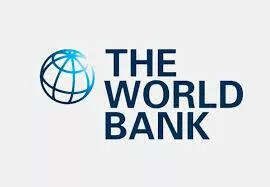The World Bank has revealed that improved access to internet coverage has contributed to a seven per cent reduction in extreme poverty in Nigeria and Tanzania over three years.
In a brief titled:”Digital transformation drives development in Africa,” the World Bank highlighted that this exposure to internet coverage has also resulted in an eight per cent increase in labour force participation and wage employment.
The report, quoting World Bank Chief Economist for Africa, Andrew Dabalen, emphasized the underutilization of mobile internet in Africa as a missed opportunity for inclusive growth, stating that closing the uptake gap could enhance the continent’s potential to create jobs and boost economic recovery in a highly digitized world.
Over the past five years (2016-2021), sub-Saharan Africa witnessed a remarkable 115 per cent increase in internet users, fostering economic growth, innovation, and job opportunities. However, the brief noted that the region’s digital infrastructure coverage, access, and quality still lag behind other regions.
While 84 per cent of people in sub-Saharan Africa lived in areas with 3G service availability at the end of 2021, only 22 per cent were using mobile internet services, indicating a significant gap between coverage and usage.
The report urged addressing this disparity to fully harness the potential of digital transformation for economic development in the region.





